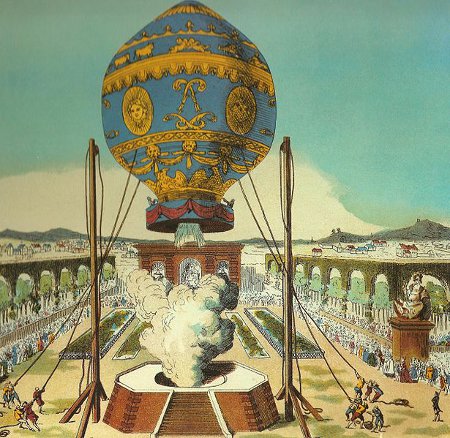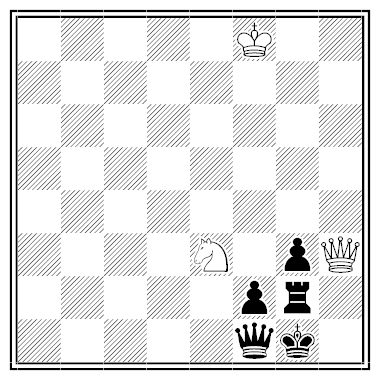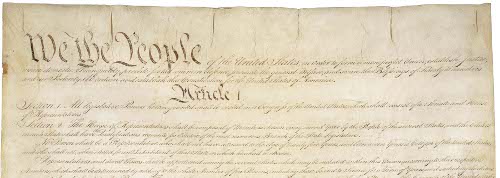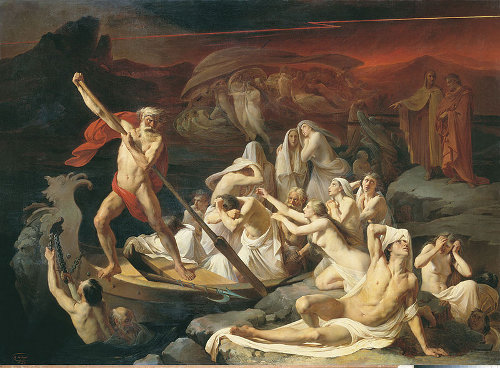On June 3, 1872, retired Navy captain George Colvocoresses bought a ticket for the boat from Bridgeport, Conn., to New York, where he had an appointment the next day with an insurance agent. He put a leather valise in his stateroom and dined in the restaurant, where he was observed to keep a small morocco traveling bag in his lap. At 10:30 a local druggist sold him some writing paper and envelopes and indicated the best route back to the boat. Just as the boat was putting off, a pistol shot was heard, and a policeman found Colvocoresses dying in the street.
His clothing was unbuttoned, and his shirt was on fire at the point where the bullet had entered, about 6 inches below the left breast. His possessions were near him except for the traveling bag, which was later found on a Naugatuck wharf, cut open with a dull knife. Diagonally across the street from the body was a large old-fashioned horse pistol. On the following day, percussion caps, a bullet, and a powder horn were found about 60 feet from where the body had been discovered.
Was this murder or suicide? Colvocoresses had recently increased the insurance on his life to $198,500, and it was claimed that the pistol’s hammer fitted an indentation in his bag. But a physician testified that it would be impossible for a man to shoot himself and then throw the pistol across the street, and the captain was healthy, on good terms with his family, and had adequate means.
After a long fight the insurance companies agreed to pay 50 cents on the dollar. That’s all we know.




